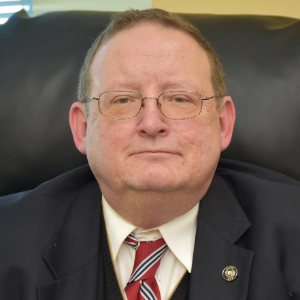Title : Treatment of dry skin with an emulsion containing plant-based anionic phospholipids
Abstract:
This study compares a skin cream emulsion containing a plant-based anionic polar phospholipid (APP) technology with a mineral oil hydrocarbon (petrolatum)-based (MHB) skin cream technology in the treatment of skin xerosis (dryness) in diabetic feet. Skin cream with APP technology promotes phospholipid absorption, reparation of intercellular lamellae, and organization of water promoting hydration; whereas skin cream with MHB technology principally covers skin, preventing dehydration. Methods. Fifty-four subjects with diagnoses of diabetes mellitus and foot skin dryness were studied using a multicenter, double-blind, masked-study design. An emulsion cream containing 0.05% APP in triglycerides (APP preparation) was compared to MHB skin cream, Eucerin® (MHB preparation) applied topically to dry foot skin. Four efficacy-variables were graded including dryness, erythema, fissures, and itching along with neurovascular assessments. Contrasts between plant-based and mineral-based skin creams and their implications within the context of skin xerosis were made. Results. APP and MHB preparations were similar in safety and effectiveness with no significant difference among any of the 4 efficacy variables (P < 0.5) including neurovascular measurements. The APP preparation is absorbed into the skin, whereas the MHB skin cream covers the skin leaving detectable residues after each application. Conclusion. The APP and MHB preparations were not significantly different in safety and effectiveness. Upon application of the APP skin cream, the preparation was absorbed into the skin leaving no discernible residue. The MHB preparation notably leaves residues which can lead to potential textile damage. These technologies function in the hydration of skin; however, they differ significantly in their modes of action. The plant-based APP preparation functions actively by phospholipid and triglyceride absorption, reparation of skin lamellae, and in the consequent delivery and organization of waters of hydration in skin on the other hand; the MHB preparation functions passively, hydrating the skin it covers by sealing the skin against dehydration.



